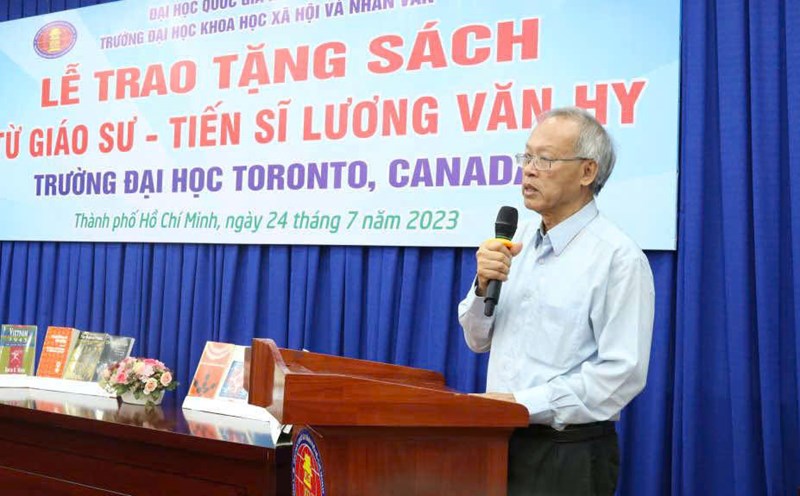To do this, many factors are needed. The most important of which, as General Secretary To Lam emphasized at the National Conference on the implementation of Resolution 11, is to overcome "regional psychology" to open the door to broader development: Consider the country as a "common home", and each locality as the link of a "competitive super region" capable of reaching out to the world.
General Secretary To Lam's opinion is a strong message not only to the local leadership and cadres, but to each citizen: We are not losing anything, but are being given the opportunity to upgrade the value of our own homeland.
When a province name changes, memories and cultural and historical values... are not lost but only change the form of government. Repositioned into a larger structure - a super province, a central region with the ability to attract investment, human resources, and infrastructure planning at a higher level.
That is the step from a local brand to a regional brand. And this is also something that developed countries have done for many years.
Therefore, it is necessary to properly consider the nature: Merger is a role change, from the role of a small locality, to becoming a central part of the super-regional dynamic.
People, especially leaders, should now not only think about "keeping a chair, keeping a name", but focus on expanding governance capacity, quality of service to people, effectively exploiting the strengths of the region.
Another important issue is creating consensus. In reality, where ideological work is done well, the arrangement of administrative units takes place quickly and smoothly.
Public opinion was initially concerned, but is gradually agreeing when it is clear that the arrangement has methodical steps, no rush, a roadmap and a direction for the future.
As Mr. Ta Van Ha - Vice Chairman of the National Assembly's Committee on Culture and Society said in Lao Dong, "The cleared ideology is the open road".
Local mergers are not a matter of map collation but an upgrade of national stature. Localities that were once just a small name on the map, after the merger, can completely become a central highlight in the country's development strategy in a new, stronger and more sustainable form.
In the era of globalization, only communities that are large enough and connected enough can be steadfast on the regional chessboard, and that is the way we can preserve the values of our homeland for a long time.











